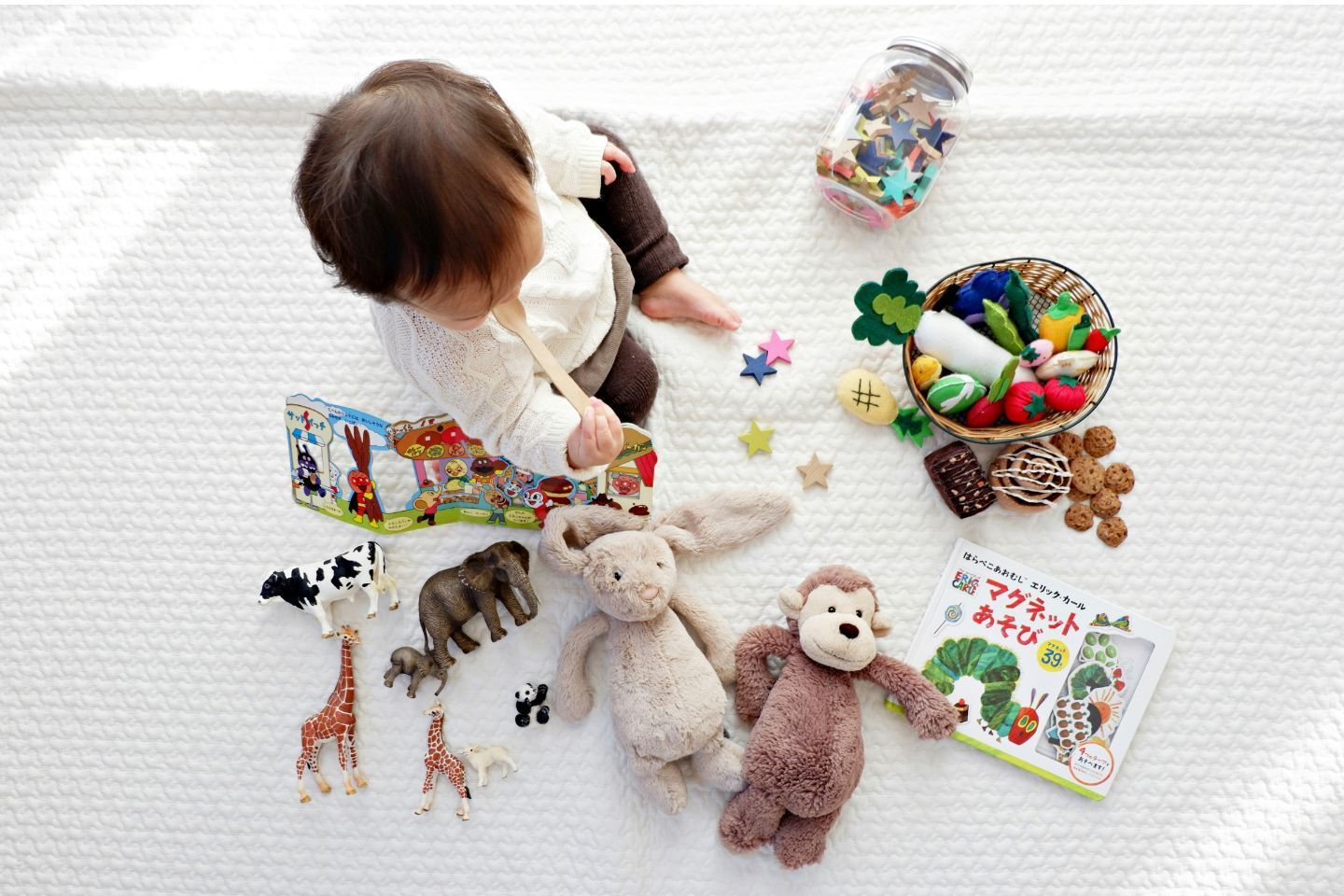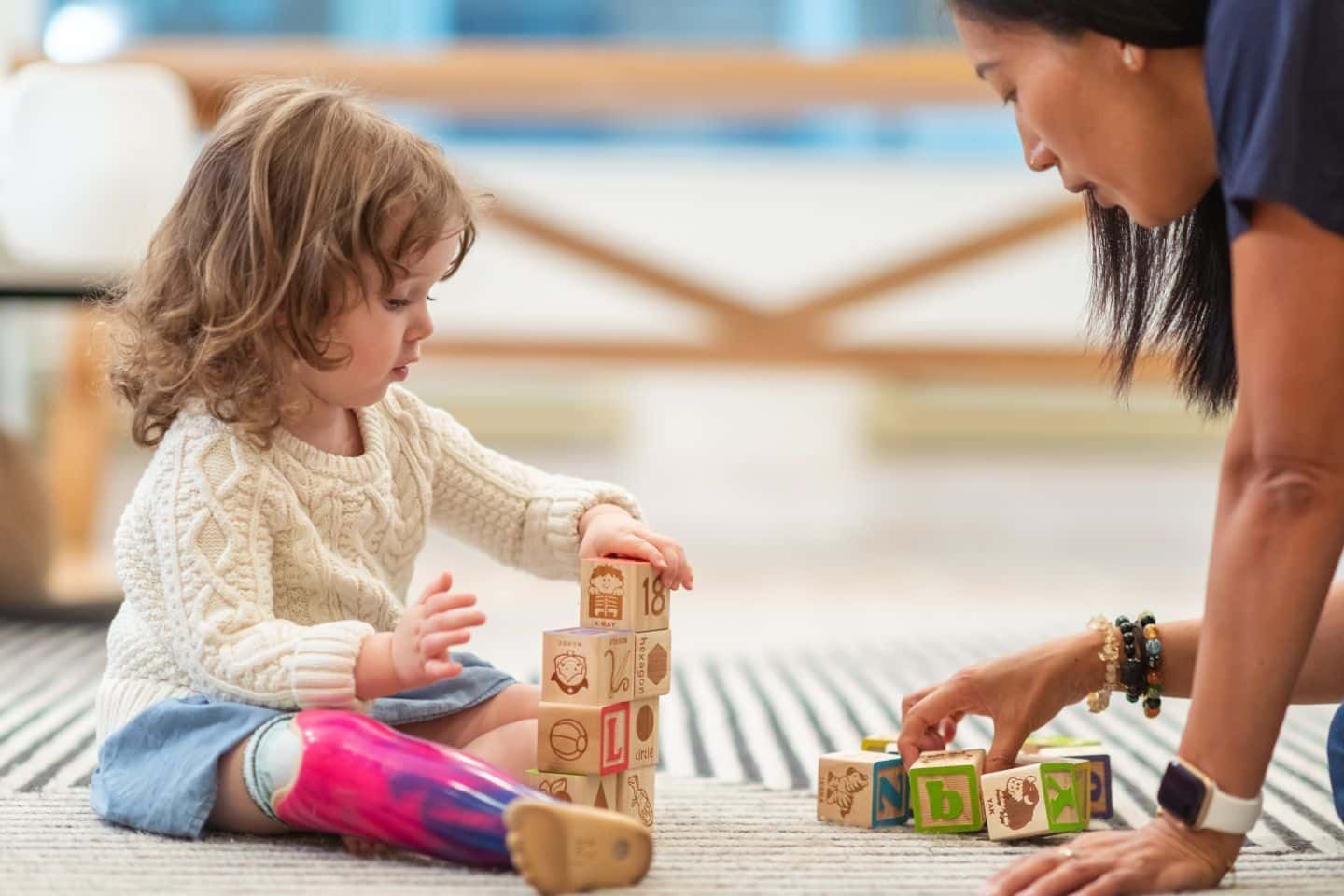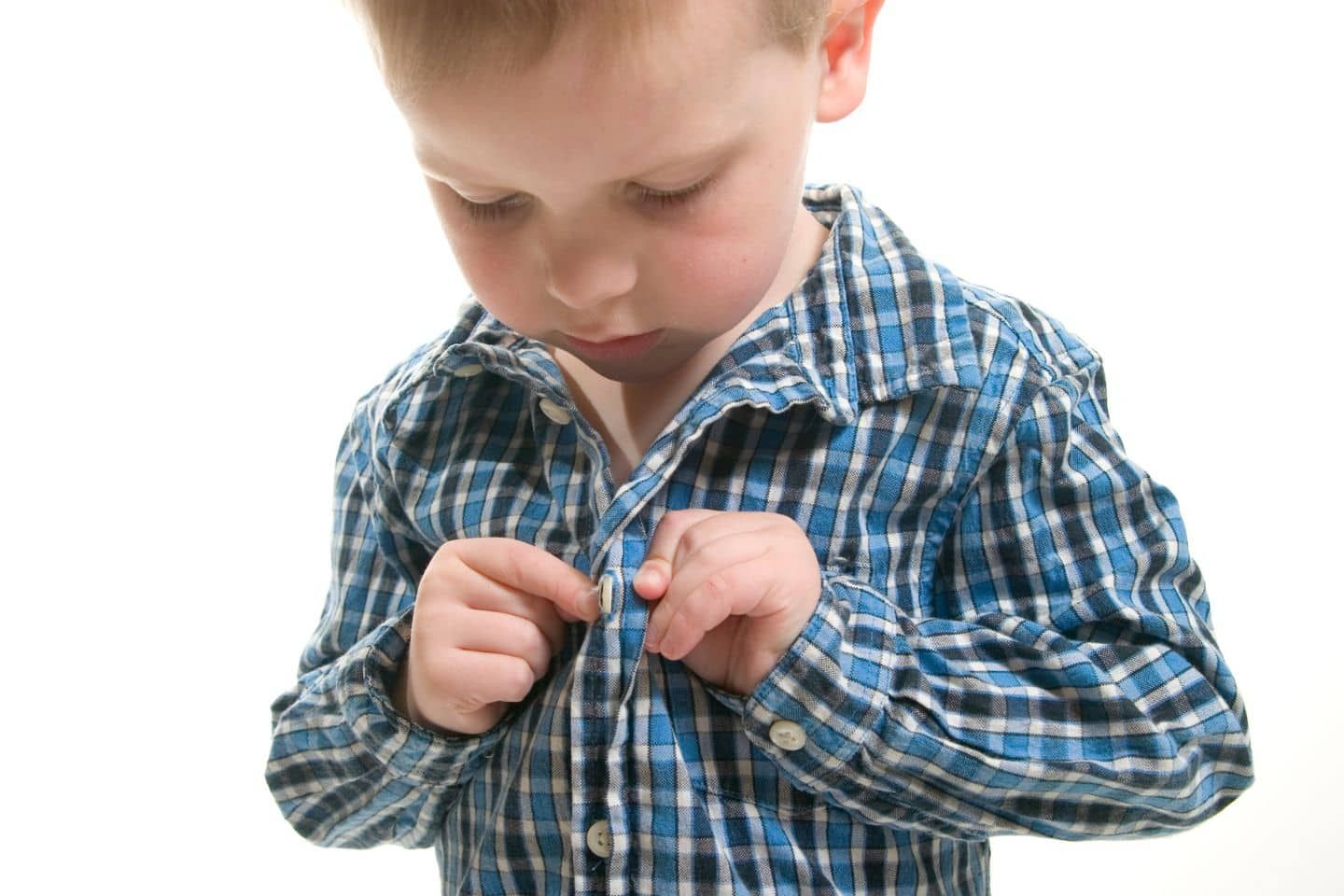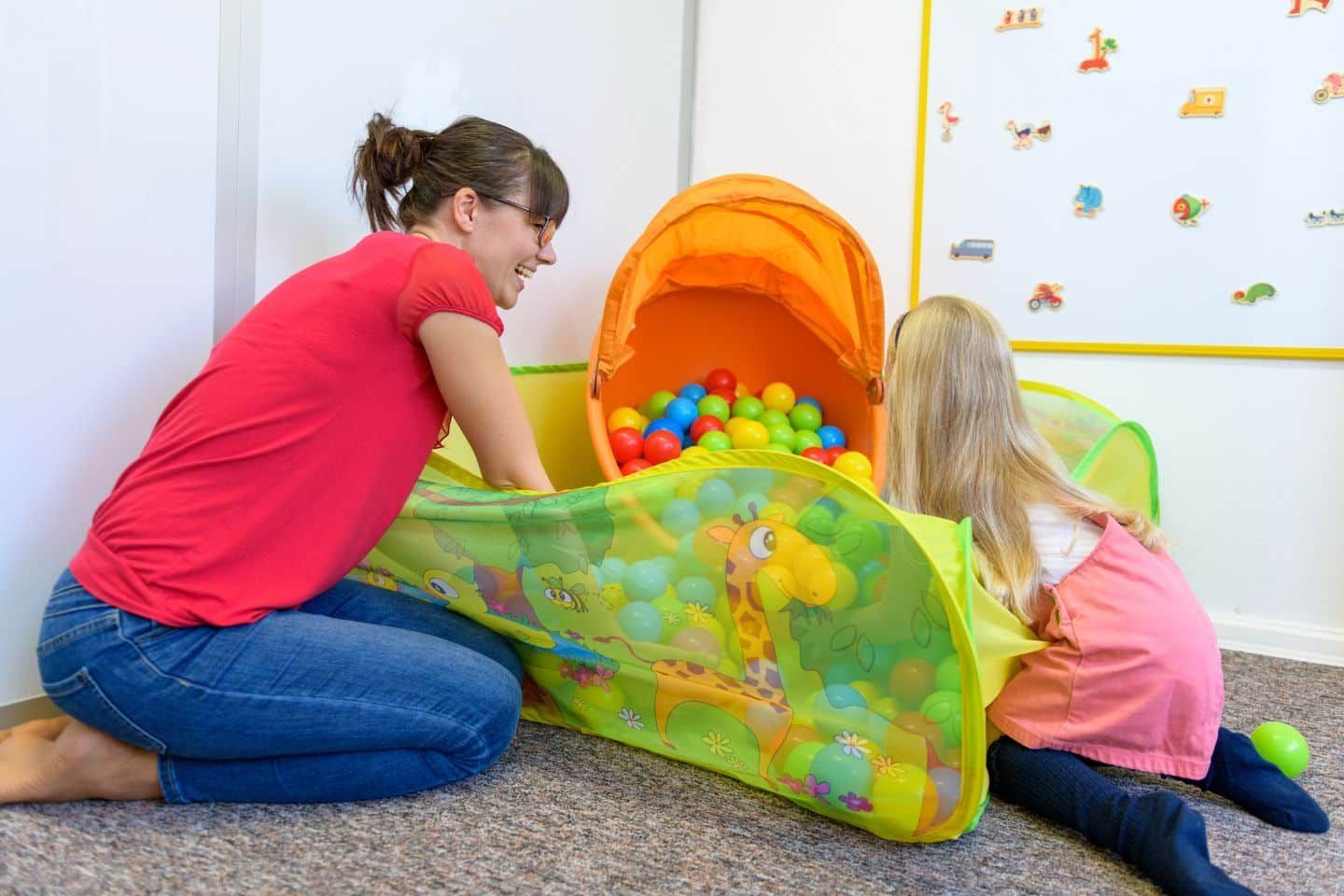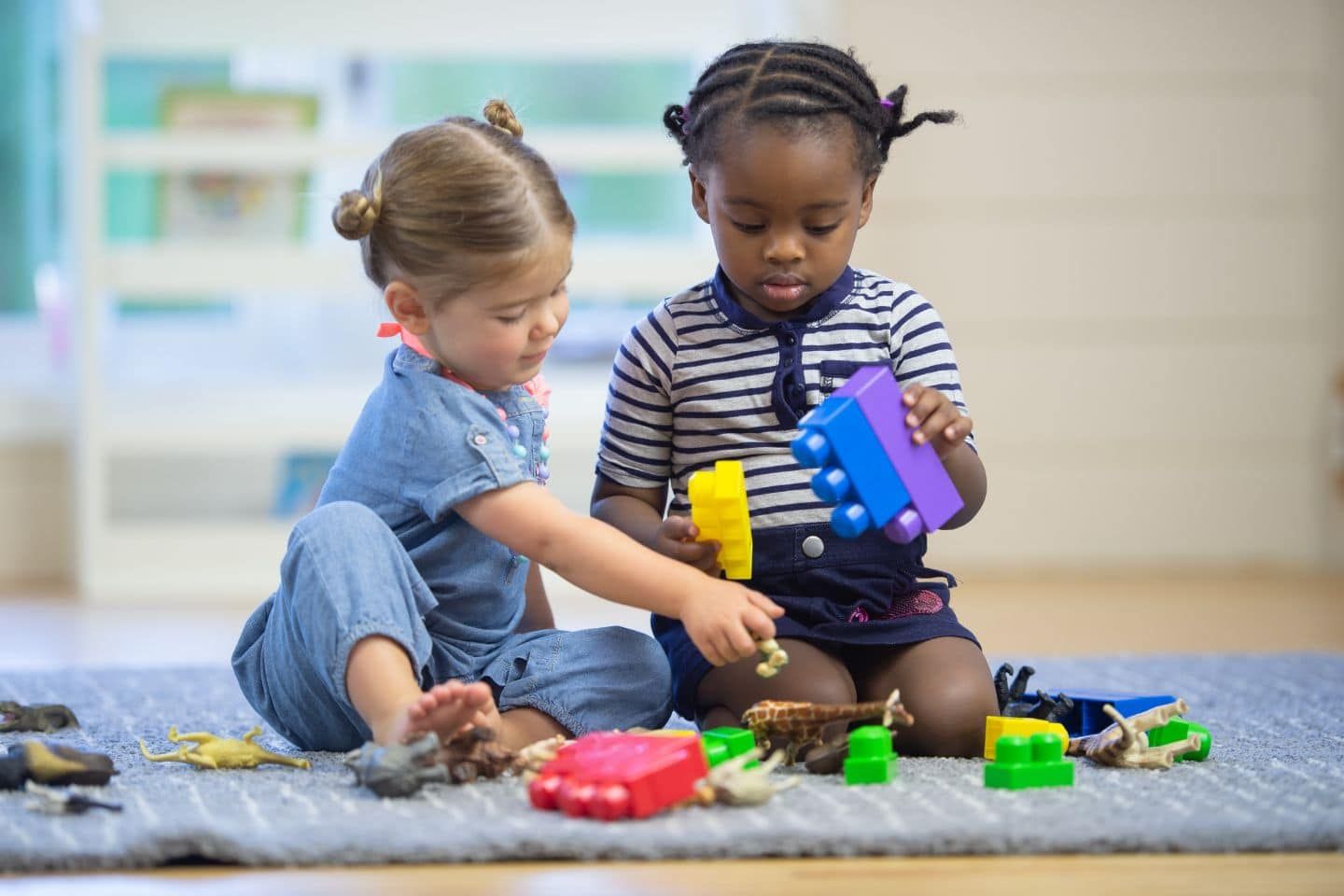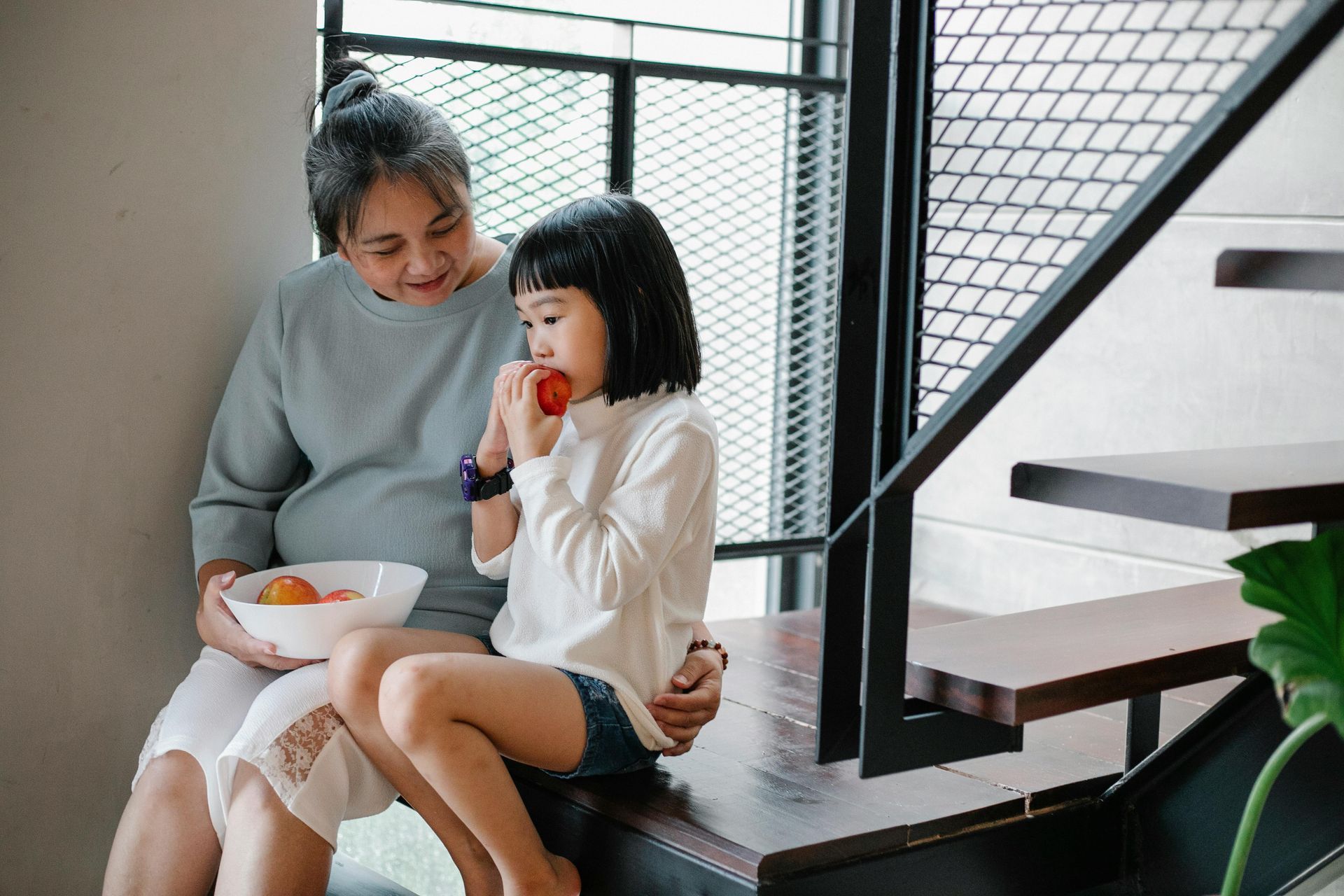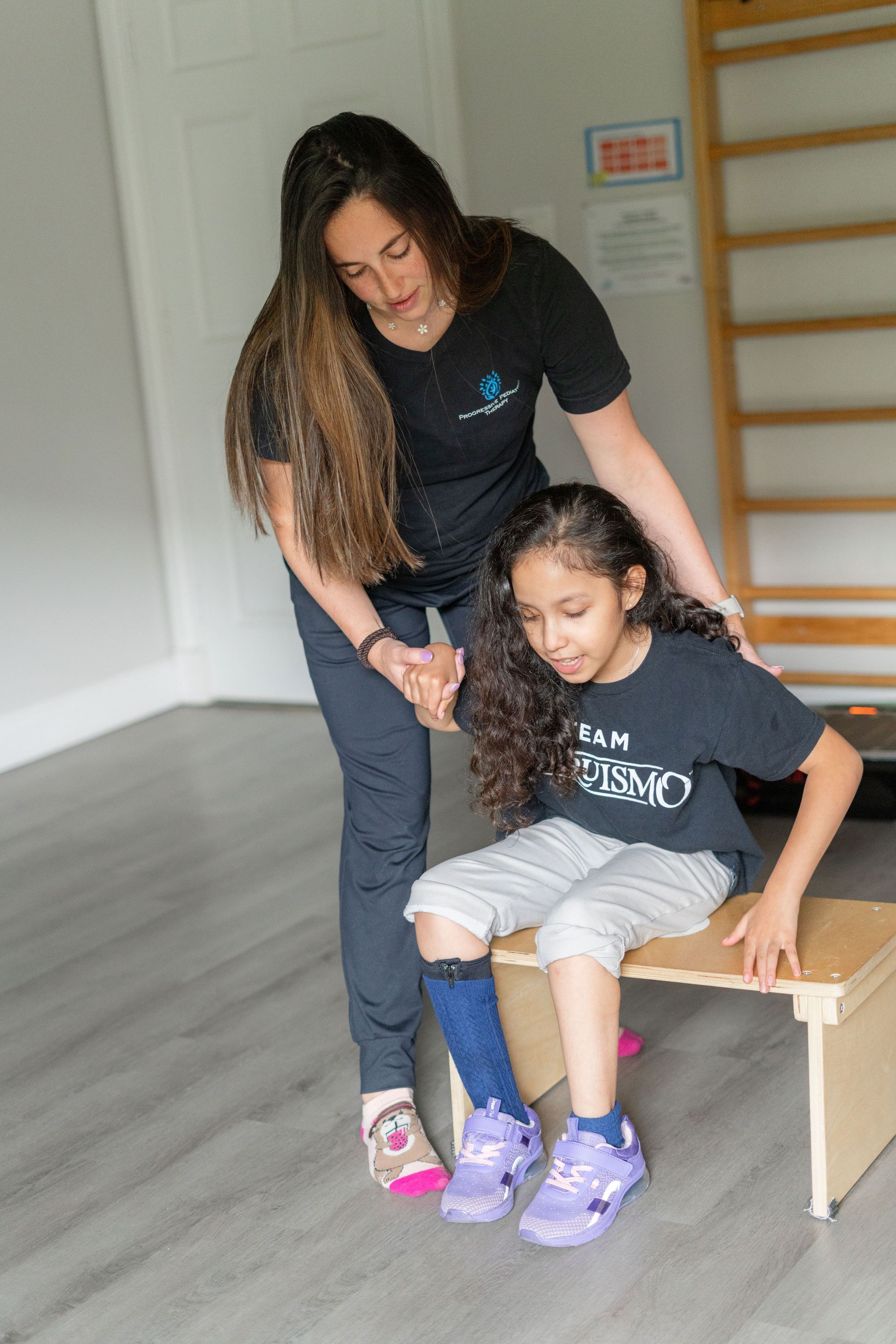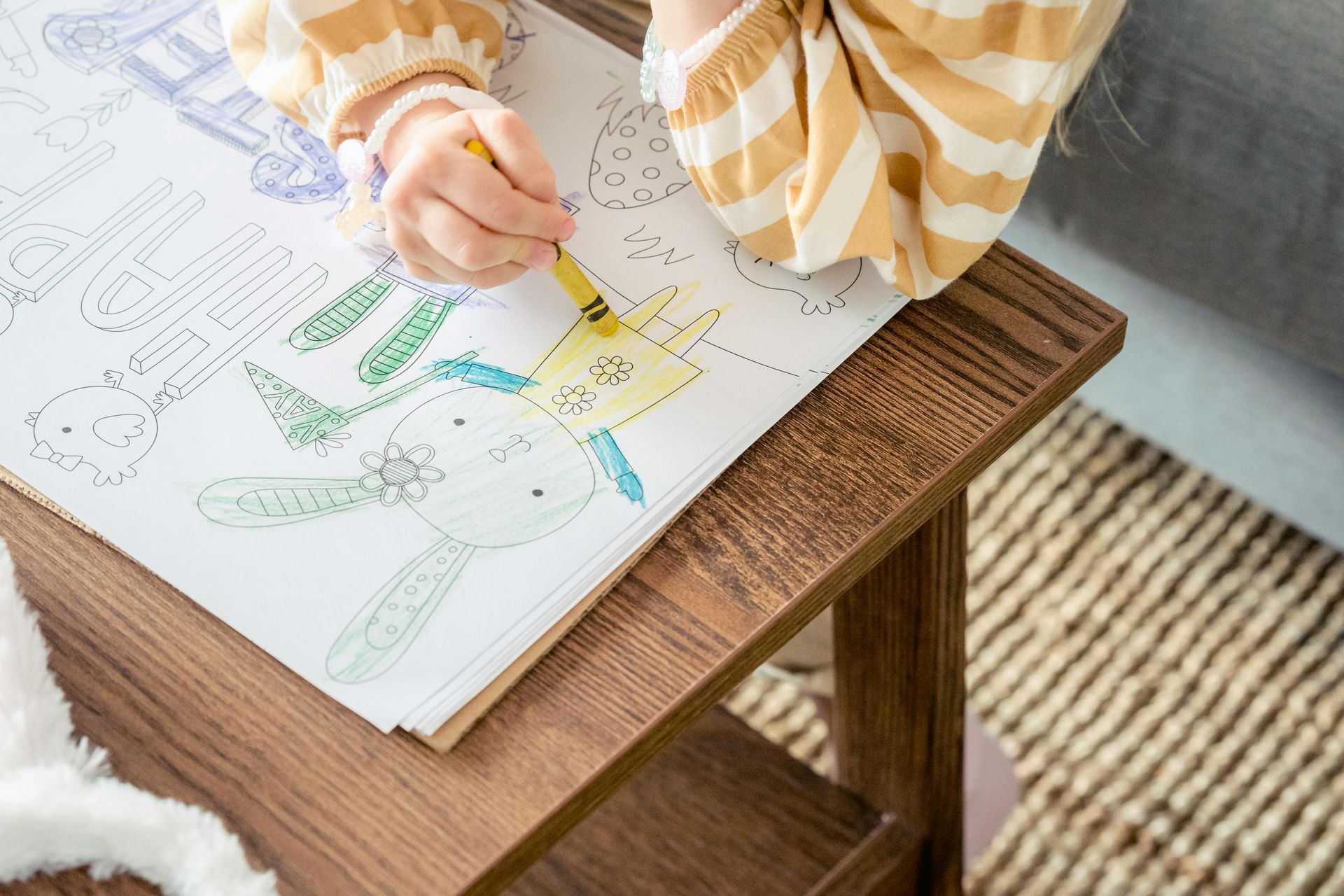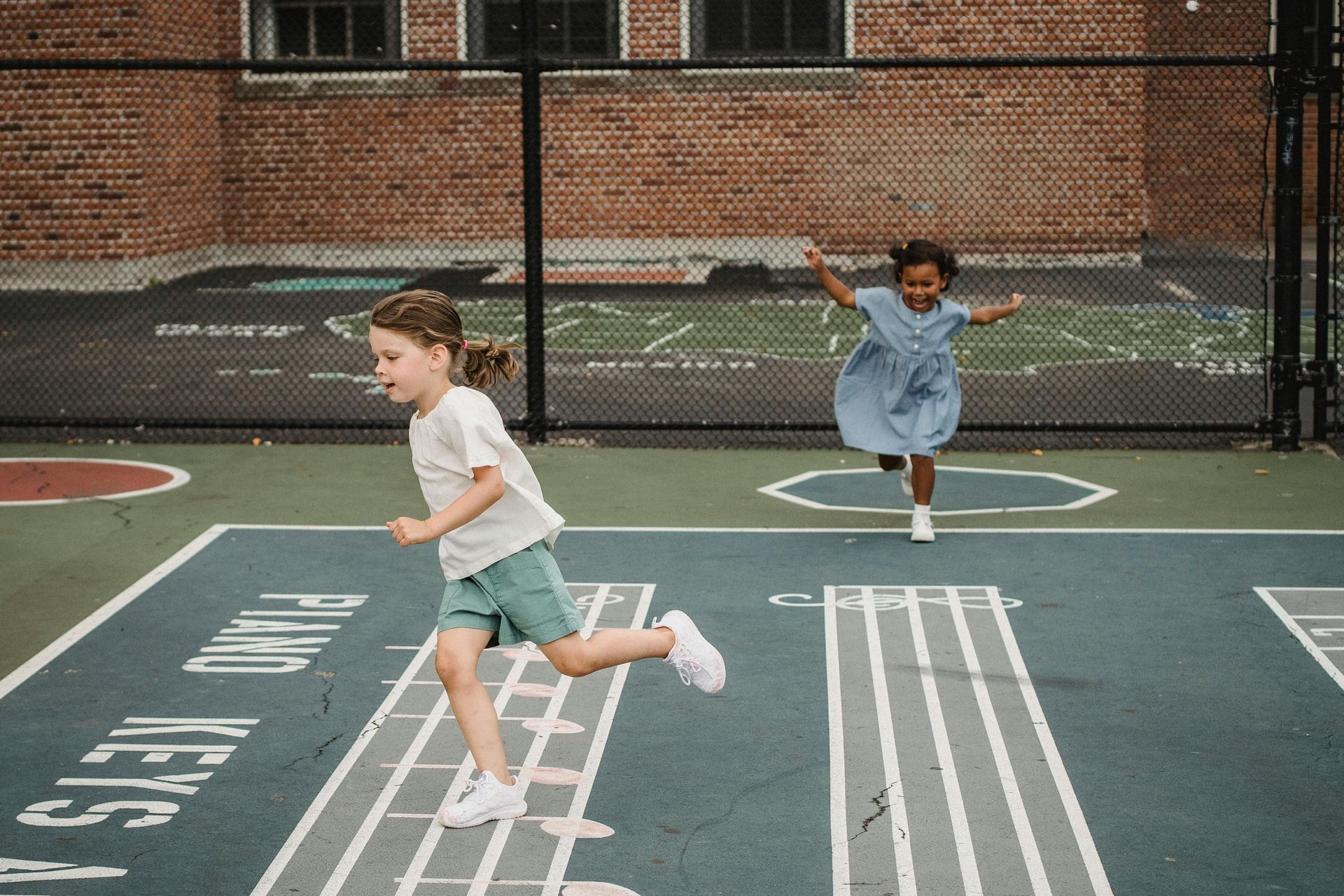Empowering Your Child’s Journey
As parents, we all want to see our children thrive in every aspect of their lives. Pediatric occupational therapy (OT) is a great way to support your child in learning important skills for their everyday activities. It’s more than just therapy; it’s about giving them the tools to enjoy life and reach their full potential, all while having fun along the way.
If you’ve heard about occupational therapy but aren’t quite sure what it is or how it can benefit your little one, you’re in the right place. Progressive Pediatric Therapy is a friendly space where we explore the fantastic world of pediatric occupational therapy!
What is Pediatric Occupational Therapy “OT”?
Occupational therapy might sound like it’s about job skills, but for toddlers, their “job” is to grow, play, and learn! Pediatric OT focuses on helping children develop the skills they need for their everyday “occupations,” like playing, learning, self care, and participating in family and community life. It’s all about empowering them to be as independent and successful as possible in everything they do each day.
Self-Care Skills
For example, dressing, eating, toileting, and grooming. OT can make daily routines easier for your child.
Attention to Task
If your child struggles to focus on an activity, OT can help them to improve their ability to stay on task, manage distractions, and promote engagement.
Emotional Regulation
Kids can have big feelings and sensory experiences. OT helps them manage these, leading to calmer and happier days.
Eating and Feeding Skills
If mealtimes are tough, OT can assist in creating happier mealtime routines, teaching how to use utensils, or enhancing motor skills like chewing. This makes eating more enjoyable for both the child and family members.
Coordination and Balance
Playing, running, and jumping are all part of childhood and play. OT assists in developing the vital gross motor skills needed to have fun on the playground or in sports!
Fine Motor Skills
This is about the small movements, like holding a pencil or buttoning a shirt. OT helps refine these skills for greater independence.
Visual Motor Skills
Coordinating hands and eyes is crucial for tasks like writing, cutting with scissors, and even throwing a ball. OT can enhance this harmony.
Sensory Processing
Understanding and responding to sensory information is a complex process. OT helps kids make sense of the world around them through their senses.
Play Skills
Play is serious business in childhood! OT can help make play more meaningful and enjoyable.
How Does OT Help Toddlers?
OT is not just about addressing challenges; it’s about harnessing opportunities. It helps children:
Build Confidence
As they master new skills, kids feel more capable and confident.
Improve School Readiness
Skills like holding a pencil, sitting at a desk, and focusing on tasks are crucial for academic success. OT can also assist in developing skills such as following instructions, organizing school materials, and participating in classroom activities. This sets the stage for a positive learning experience and helps children feel confident and capable in school.
Enhance Social Interaction
Playing and interacting with others is a big part of childhood, and OT can make this easier and more fun. It can help children learn important social skills like taking turns, sharing, and understanding social cues. OT can also support the development of friendship skills, such as initiating conversations and resolving conflicts peacefully. This not only fosters healthy relationships but also boosts confidence and self-esteem in social situations.
Foster Independence
The ultimate goal is to help children be as independent as possible in the wide range of daily activities kids do everyday!
Remember, Every Child is Unique
Just like every child is unique, so is their journey in OT. Therapists work closely with you and your child to create personalized goals and strategies that fit their specific needs and interests.
Get Started
If you think your child could benefit from occupational therapy, the first step is to talk to a professional. At Progressive Pediatric Therapy, we offer comprehensive evaluations and services tailored for children from birth to 21 years old. Our therapists are here to guide you and your child through this enriching journey.
As a parent, you’re always looking for ways to support your child’s growth and development and we are here to help. Curious if your child could benefit from our services? Contact us
for an evaluation.
PPT is committed to empowering children and families through specialized Physical, Occupational, Speech, and Feeding Therapy. With a compassionate team of pediatric therapists, PPT focuses on providing individualized care, enhancing development, and fostering hope and happiness in a supportive environment.
For more parenting tips and tricks, don’t forget to subscribe to our blog and YouTube channel
. Share your own experiences in the comments below, or reach out if you have any questions!
